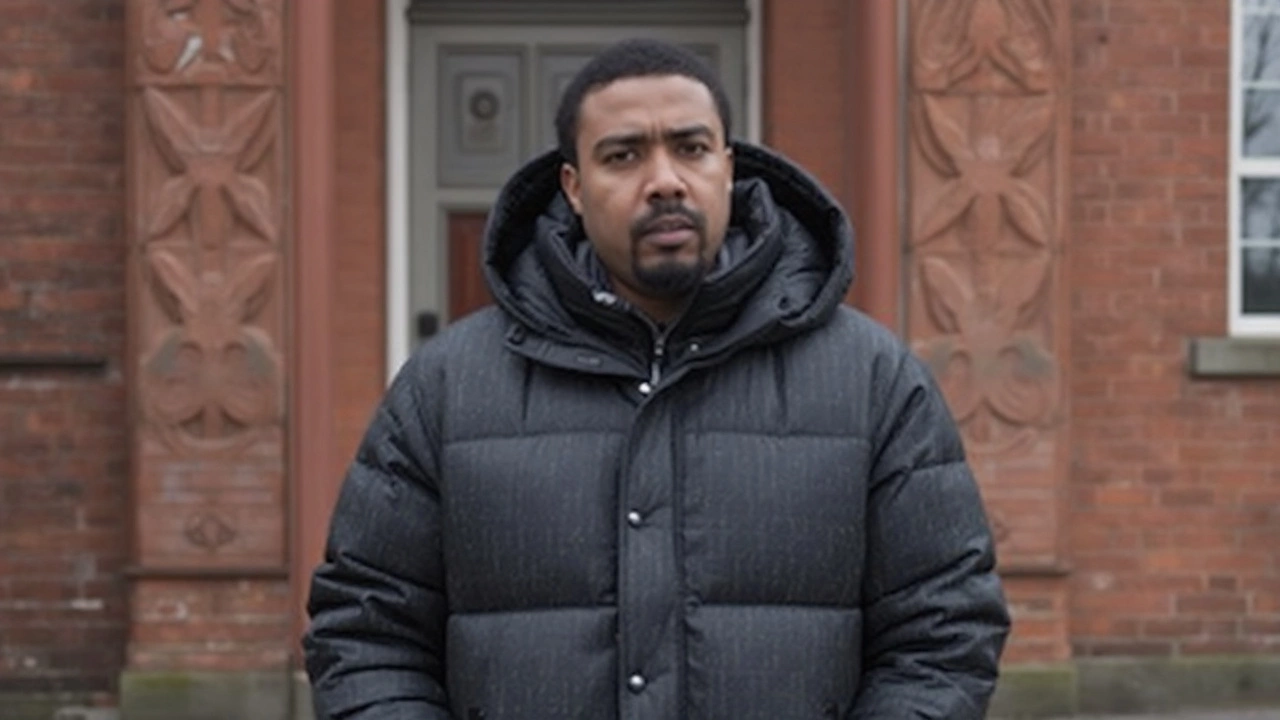Rap, Social Media, and Legal Boundaries: The Trial of Twista Cheese
Omar Abdirizak, who goes by the stage name Twista Cheese, is no stranger to Birmingham’s underground music scene. But this week, it wasn’t his music making headlines—it was a criminal trial in a city courtroom. The 31-year-old rapper stood accused of uploading a menacing TikTok video in August 2024, targeting Tommy Robinson, known for his high-profile far-right activism.
The one-minute clip that landed Abdirizak in hot water didn’t just feature typical rap bravado. Instead, it included specific references to firearms, a deliberate gun gesture, and the phrase “pow, pow, pow.” The prosecution, led by Tim Talbot-Webb, said these weren’t harmless theatrics. The argument was simple: when online performances turn into direct threats, especially against well-known public figures, it crosses the line from edgy to unlawful. The court agreed after just two hours of testimony and evidence, finding Abdirizak guilty under the Communications Act 2003 for sending a menacing message.
Tommy Robinson's name alone is enough to spark fiery reactions on both sides of Britain’s political divide. For Abdirizak, singling out the controversial figure on a global platform like TikTok meant the stakes were always going to be high. While the defendant pleaded not guilty, insisting his video was artistic expression, the court wasn’t convinced—emphasizing how easy it is for digital content to blur the lines between personal expression and criminal threat.
It's not just this conviction keeping the rapper's legal team busy. Abdirizak is also awaiting sentencing for separate charges: being caught with cannabis and involvement in a racially aggravated public order offense. Prosecutors say this paints a bigger picture about his recent activities and clashes with the law. The upcoming sentencing will decide how much time, if any, he'll spend behind bars.

Freedom of Speech or Dangerous Threats?
The verdict shines a harsh light on the fine edge public figures walk when using social media as their megaphone. It’s a world where viral status and bad judgment can collide, and where authorities are tightening up the boundaries between free expression and criminal threats. In Abdirizak’s case, it wasn’t enough to argue his video was all for show.
The judge’s decision sends a message: online threats can carry real-world consequences, no matter your intentions or your following. This isn’t just a local Birmingham issue—it’s a snapshot of the clash between freedom and accountability in the age of TikTok and viral call-outs.
With sentencing still to come, Abdirizak’s future hangs in the balance. The outcome could set a precedent for how courts handle artistic expression and contentious speech when it pivots toward violence—especially when the target is someone as polarizing as Tommy Robinson.
